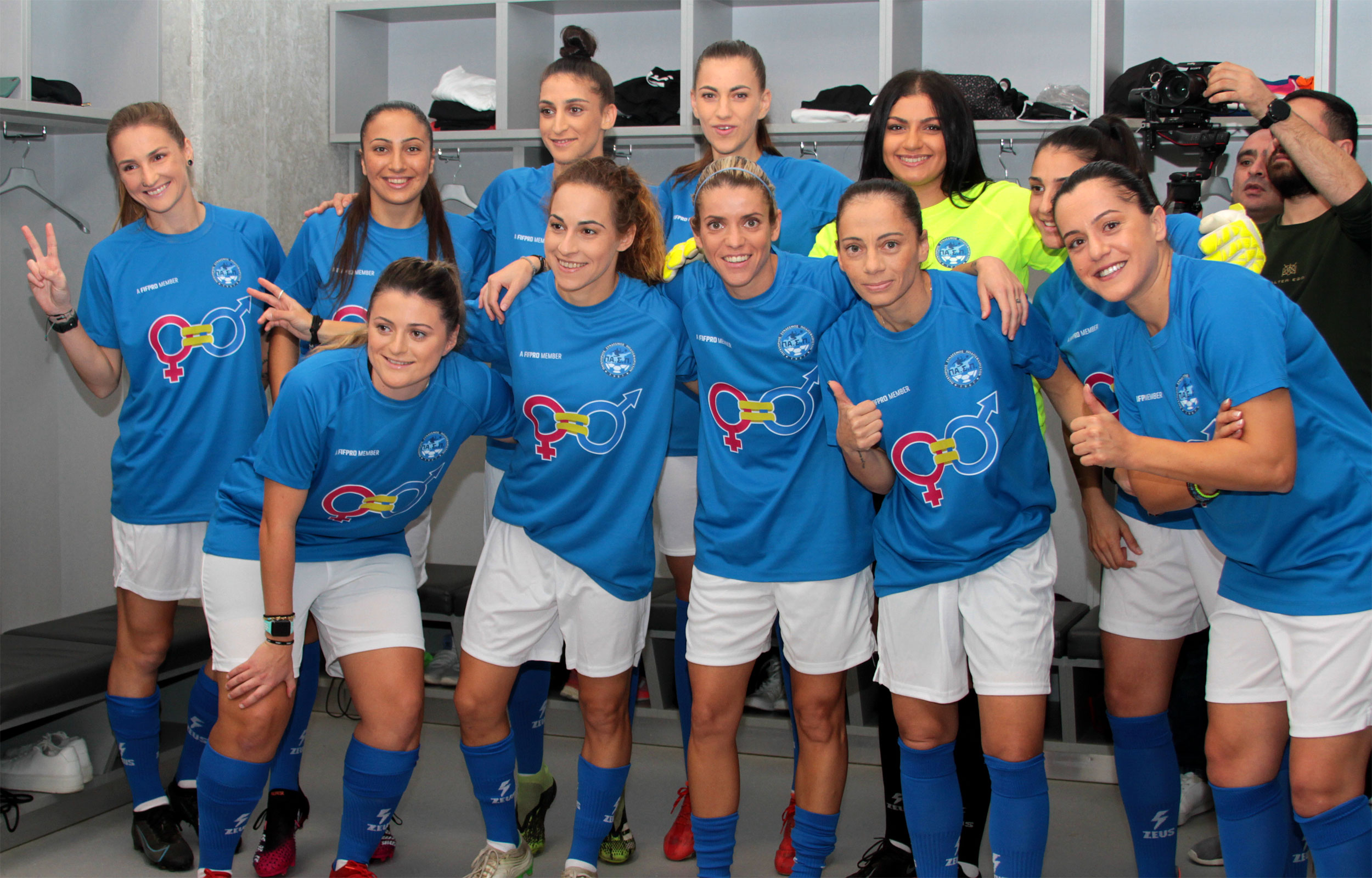masaharusato.com – Cyprus, a small island nation in the eastern Mediterranean, has a rich history and a complex social fabric. The role of women in Cyprus has evolved significantly over the years, marked by both progress and ongoing challenges. This article explores the current state of women in Cyprus, highlighting their contributions, the obstacles they face, and the efforts being made to promote gender equality.
Demographics and Historical Context
Women make up 48.944% of the total population in Cyprus, indicating a nearly equal gender distribution. Historically, Cypriot women have faced numerous societal and cultural barriers. Even at the beginning of the 1990s, they were still burdened with traditional roles and expectations. However, significant strides have been made since then, particularly in the realms of education, employment, and political participation.
Education and Employment
In recent years, Cypriot women have made notable advancements in education and employment. According to Eurostat data, women constituted 44% of the science and engineering workforce in Cyprus in 2022, aligning with the EU average of 41%. This trend reflects a broader shift towards gender equality in professional fields.
Moreover, the presence of numerous international ICT companies in Cyprus has created new opportunities for women in the tech sector. Despite the challenges of breaking down barriers and battling stereotypes, women are increasingly taking on leadership roles in technology.
Political Participation and Representation
Cyprus has also seen an increase in women’s political participation. The country remains committed to strengthening women’s rights and promoting gender equality, as evidenced by the statements of Commissioner Josie Christodoulou during a UN session. This commitment is reflected in the legal frameworks that promote, enforce, and monitor gender equality, with 83.3% of such frameworks in place.
Activism and Advocacy
Cypriot women have been active in various forms of activism, particularly in the context of peace and conflict resolution. The Gender Advisory Team (GAT) has played a crucial role in this regard, focusing on the impact of women’s activism on peace negotiations. This activism is part of a broader human rights movement in Cyprus, which includes efforts around migration, sexual, and reproductive rights.
Challenges and Obstacles
Despite the progress, Cypriot women still face significant challenges. One of the most pressing issues is the scarcity and inconsistency of data on violence against women, which hampers efforts to address and mitigate such violence effectively. Additionally, the island’s division into the Republic of Cyprus and Northern Cyprus continues to affect women’s experiences and opportunities differently in each region.
Conclusion
The journey of women in Cyprus is a testament to resilience and determination. While there is still much work to be done, the advancements in education, employment, and political representation are encouraging. Continued efforts in activism, advocacy, and policy-making will be crucial in overcoming the remaining challenges and achieving true gender equality in Cyprus.
